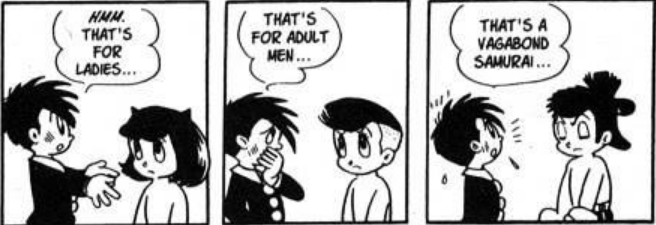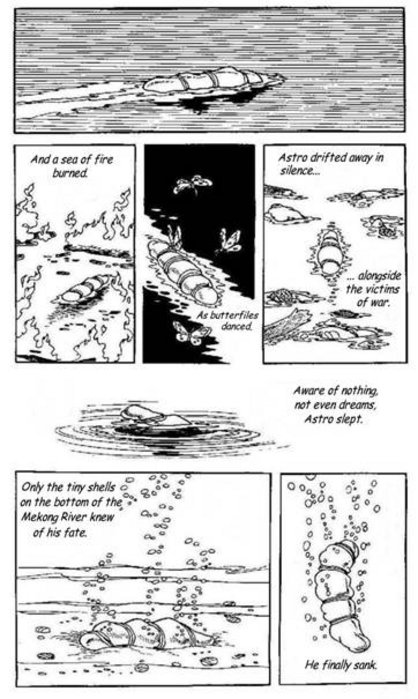First of all the term is ronin
Anime
Welcome to c/anime on Hexbear!
A leftist general anime community for discussion and memes.
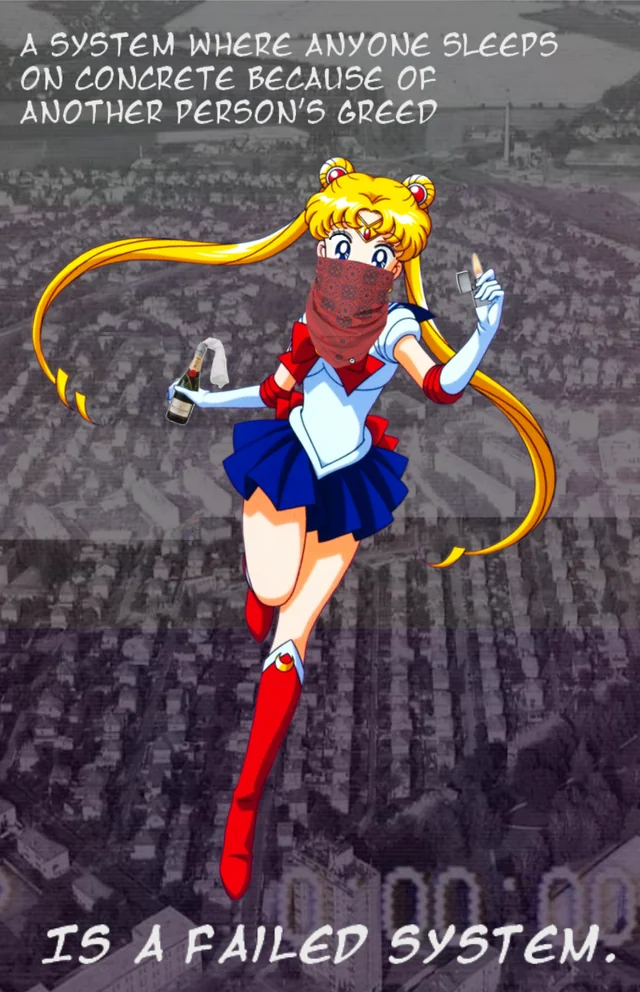
Simple rules
-
Be nice.
-
Use spoiler tags.
-
Don't sexualise underage characters, including 1000 year old loli ones.
-
Don't post hentai here. This is an anime community.
High quality threads you should definitely visit
Gigathread: Good Anime Talks, Presentations, Conventions, Panels, etc
Piracy is good and you should do more of it. Use https://aniwave.to/ and https://4anime.gg/ for streaming, and https://nyaa.si/ for torrents. Piracy is the only means of digital protest that audiences have to fight poor worker treatment.
I believe it depends on the individual, you should always ask which pronoun they prefer first.
my gender is vagabond samurai
Pretty sure theres a chapter of Astroboy that he travels back in time and tries to save a Vietnamese village from US bombing, the Vietnamese people thinks he is an angel or something
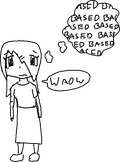
In 1967, Astroboy [sic], the Japanese animation and comic book icon, died protecting a North Vietnamese village from American bombers.
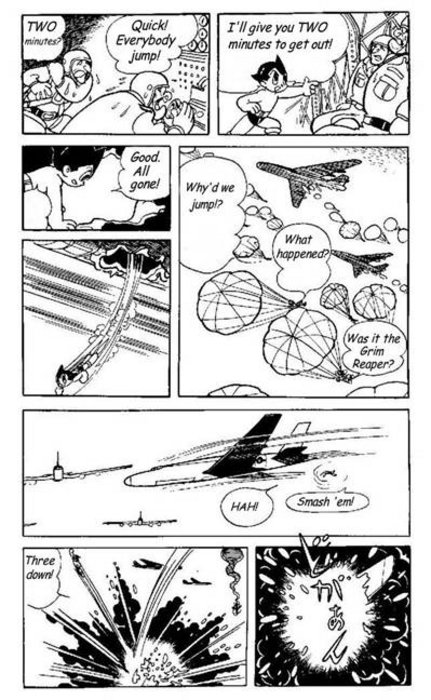
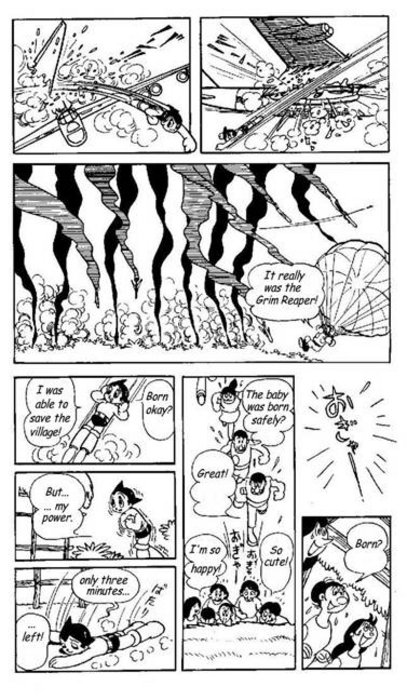
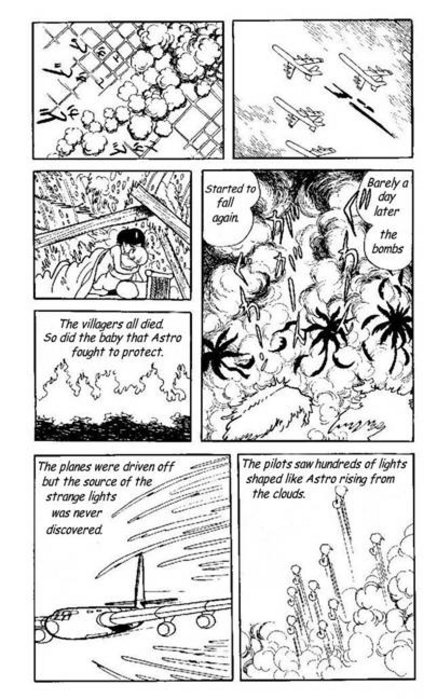
Throughout the postwar period, progressive artists, directors, and authors in many countries, not least the United States, have represented the US in critical ways. Peter Katzenstein has described representations which criticize the United States for failing to live up to its often lofty human rights rhetoric, as “liberal anti-Americanism”.
While opposed to American wars and other international actions, it must be asked, however, if “anti-American” is the best label for categorizing such writing. In Japan, critical commentary has often been combined with deep reflection on Japan’s own human rights record, past and present. This type of discourse, at its best, seeks a universal standard from which the mass killing of civilians and other forms of violence can be condemned.
In Astroboy [sic], Tezuka’s critique of the American practice of indiscriminate bombing is part of his life-long condemnation of militarism and organized violence, which included probing looks at Japan’s war record. Criticizing American atrocities in this way is quite distinct from using the US as a convenient target to reify Japanese nationalist images. For Tezuka, the critique of US destruction of Vietnam was part and parcel of his dissection of Japan’s war crimes.
Japanese popular culture, however, also sees the contextless use of anti-Americanism and vague but nonetheless meaningful images that glorify Japan`s 20th century wars.
implying all children are rōnin
ACAR
I like this idea.
